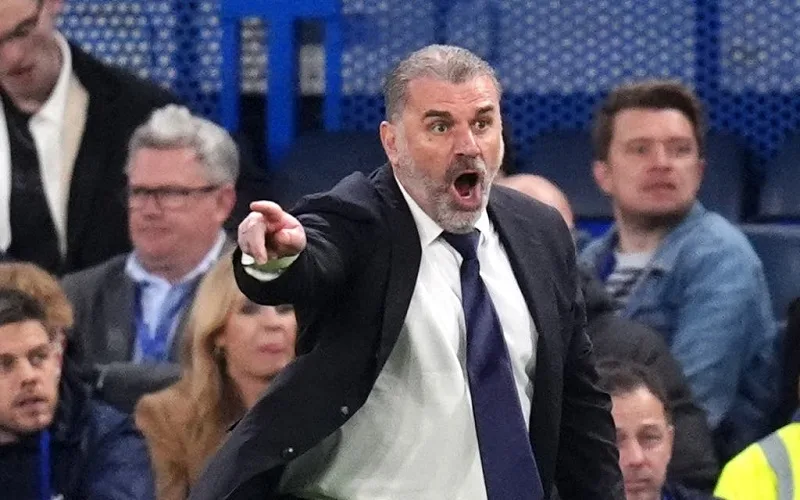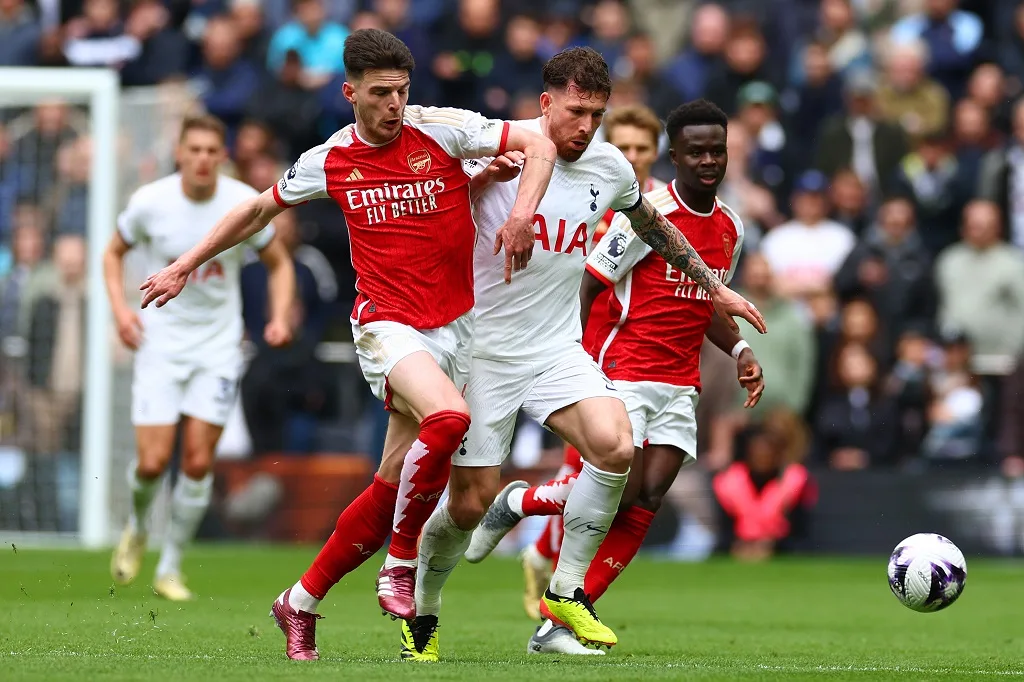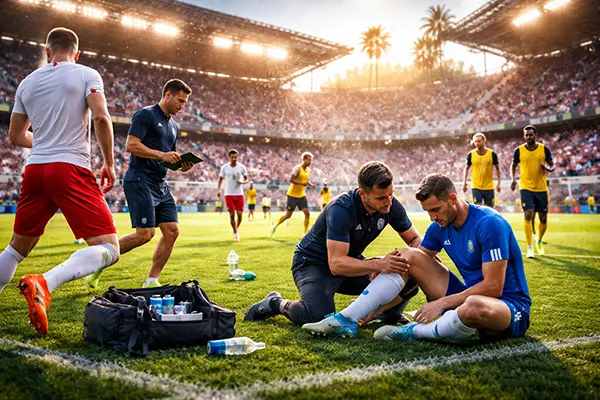Ange Postecoglou’s Honest Reflection on Tottenham’s Defeat at Chelsea

It was a moment of sobering reflection for Tottenham Hotspur’s manager Ange Postecoglou as he openly took responsibility for his team’s recent defeat against Chelsea. The match, which ended in a disappointment for Spurs fans, saw Postecoglou displaying a rare show of anger on the touchline, sparking discussions on his management style and the high expectations resting on his shoulders.
Initial Reactions and the Resulting Pressure
The game at Stamford Bridge was a litmus test for Tottenham, coming up against a Chelsea side that has been their nemesis in recent times. From the outset, Spurs appeared disjointed, and despite several tactical shifts, they couldn’t contain Chelsea’s dynamic play. Postecoglou, known for his stoic demeanor, was visibly upset during the match, a reaction that highlighted the pressure and emotional investment he has in his team’s success.
Acceptance of Responsibility
“It’s on me,” declared Postecoglou in the post-match press conference. He insisted that the responsibility for the lackluster performance lay with him, not the players. This statement was a departure from the often critical public comments managers make towards their team’s execution on the field. By shifting the focus to himself, Postecoglou aimed to shield his players from criticism and keep their morale high.
Tactical Decisions Under Scrutiny
Analysts have been quick to dissect the tactical decisions made during the game, pointing out that Tottenham’s usual fluidity was missing. The team’s strategy to control the midfield was ineffective against Chelsea’s aggressive pressing. Critics argue that Postecoglou’s decision to start certain players out of their regular positions may have contributed to this breakdown in their usual play style.

Psychological Impact and Future Plans
However, beyond the tactical missteps, it’s the psychological resilience of Tottenham under Postecoglou’s leadership that is now under scrutiny. The manager’s open display of frustration and subsequent admission of fault suggest a readiness to recalibrate and learn from the defeat. This incident has ignited a conversation about the emotional responses of managers and how they can impact team performance and fan perception.
A Path Forward
In his closing remarks, Postecoglou expressed a steadfast resolve to improve, emphasizing that the journey with Tottenham is far from over. He spoke about the importance of learning from such defeats to build a stronger, more cohesive team. For Spurs fans and critics alike, this moment of candidness from Postecoglou may well be a pivotal point in the season, marking a renewed push for success in upcoming games.






